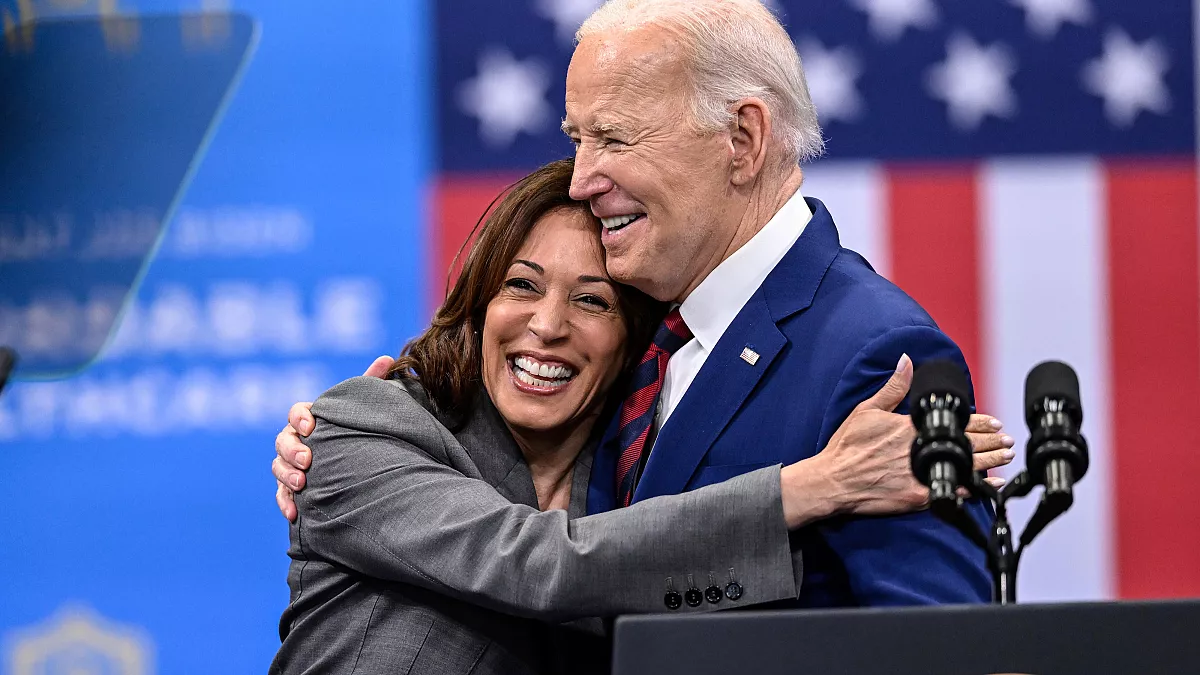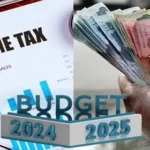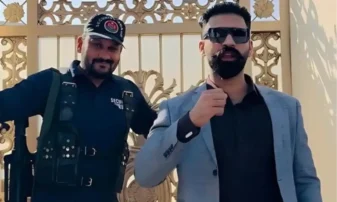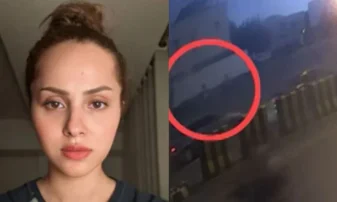LAHORE (AFP/Reuters) — Allegations surfaced that former Prime Minister Imran Khan utilised an AI-generated audio clip to address a virtual rally, as reported by international media outlets AFP and Reuters.
The four-minute video, heard by supporters of the Pakistan Tehreek-e-Insaf (PTI) party, reportedly featured a voice clone created using artificial intelligence technology. The revelation, shared by PTI Social Media Lead Jibran Ilyas, indicated that Khan’s speech was aided by AI, with the initial four seconds taken from an old video of Khan’s orthodox-style address to supporters. The rest of the video incorporated historical footage and still images.
PTI has faced accusations of forgery in the past, including reports of inflated attendance numbers in virtual rallies and the alleged use of “bots.” Senior journalist Syed Talat Hussain criticized PTI on social media, stating, “PTI’s virtual ‘jalsa.’ First they relied on boots to prop themselves; now they want bots to rescue them. Their world isn’t real.”
Imran Khan, currently in custody since August, is facing charges of leaking classified documents, which he claims were fabricated to prevent him from contesting the February 8 general elections.
According to PTI, Khan provided a shorthand script through lawyers, which was transformed into his rhetorical style. The text was then converted into audio using AI technology from ElevenLabs, known for its ability to create a “voice clone” from existing speech samples.
The AI-generated audio was broadcast at the conclusion of a five-hour live-stream of PTI supporters’ speeches on Facebook, Twitter, and YouTube. The video garnered over 1.4 million views on YouTube and attracted tens of thousands of live viewers on other platforms.
The virtual rally faced social media restrictions for seven hours, as reported by global network monitor NetBlocks. Caretaker Information Minister Murtaza Solangi suggested directing queries about internet disruptions to the telecom regulator or the Ministry of Information Technology, emphasizing that he had no information on the matter. Reuters noted that Solangi did not respond to inquiries regarding potential violations of free speech and assembly, as mandated by election laws for fair voting.






























